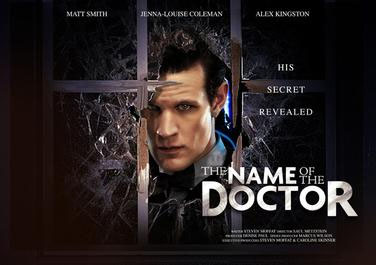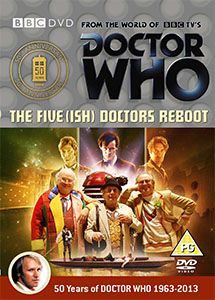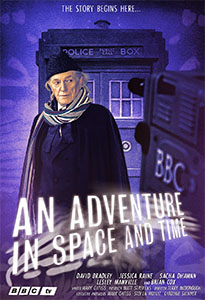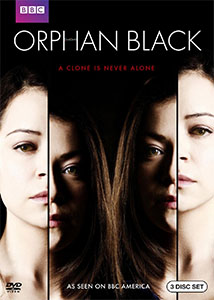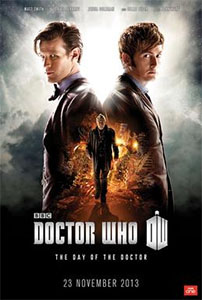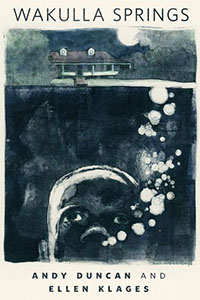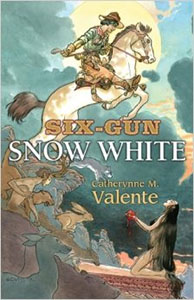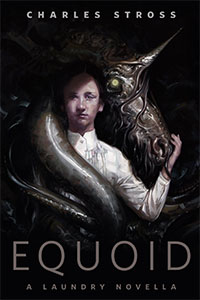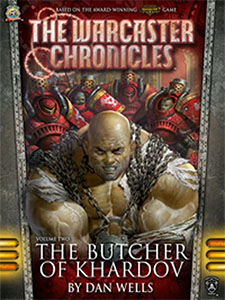2. Max Gladstone – Three Parts Dead / Two Serpents Rise
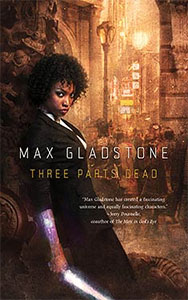 As I type this, I am once again second-guessing the order of my top two picks for the John W. Campbell Award. But I’m just going to stick with what I put on my ballot while simultaneously encouraging you to check out both of these authors.
As I type this, I am once again second-guessing the order of my top two picks for the John W. Campbell Award. But I’m just going to stick with what I put on my ballot while simultaneously encouraging you to check out both of these authors.
The central conceit of Max Gladstone’s Three Parts Dead is that (a) the performance of magic is a matter of manipulating certain laws; (b) it often involves a contract (or pact) between two parties of power; and (c) therefore the first thing any respectable sorceress is going to learn is contract law.
That feels like half a gimmick, but then Gladstone rapidly develops that simple idea into an infinitely clever universe.
An idea that I’ve heard ascribed to John Campbell, Frederick Pohl, and Connie Willis is that, given the idea of an automobile, pretty much anybody can imagine a highway. But the good science fiction writers will imagine the traffic jam. And that’s what Gladstone does here: Not in the sense of “magic is technology”, but rather building an entire society and culture and all the complex modes of life around the derivative consequences of a single, clever conceit.
And then Gladstone doubles down by hooking a literally epic murder mystery onto the glorious edifice he’s constructed: A god has been murdered.
Gladstone’s herorine — Tara Abernathy — is one part of insurance investigator, one part district attorney, and one part Merlin. She’s also a brilliantly realized and well-rounded character, joining a wide panoply of similar characters who populate the steampunk-infused metropolis of Alt Coulumb.
Frankly, this book is just fabulous. And while it mixes a lot of your favorite things, it also manages to infuse everything with a fresh breath of innovation that’s really exciting to see in a new author. I didn’t hesitate to add Gladstone to my “automatically buy his next book” list and I don’t hesitate to recommend him thoroughly and completely to you.
1. Ramez Naam – Nexus
 I had very similar reactions to Nexus, but what pushed it to the top of my ballot is how deeply intrigued I was by Naam’s unique vision of the transhuman cusp: A drug (the titular Nexus) has appeared seemingly out of nowhere. It has a nanotech component that, basically, wires up the brain to receive and send wi-fi signals. The early iterations of the drug just produce a weird and unique high, but then computer scientists (i.e., our main characters) realize that they can hack the thing and basically perform a bootstrap installation of a custom-built OS.
I had very similar reactions to Nexus, but what pushed it to the top of my ballot is how deeply intrigued I was by Naam’s unique vision of the transhuman cusp: A drug (the titular Nexus) has appeared seemingly out of nowhere. It has a nanotech component that, basically, wires up the brain to receive and send wi-fi signals. The early iterations of the drug just produce a weird and unique high, but then computer scientists (i.e., our main characters) realize that they can hack the thing and basically perform a bootstrap installation of a custom-built OS.
And that’s when all hell breaks loose.
(Where did this drug originally come from? Good question. The mystery behind that question is one of the things that really intrigued me about the book.)
This particular instantiation of the transhuman and Naam’s exploration of the different ways in which the technology could be used is definitely interesting and basically worth the price of admission here all by itself. But what elevates Nexus to the next level is Naam’s ability to portray characters with radical different opinions about the implications of both transhumanity in general and this technology specifically: Most authors would just give us “good guy transhumanists vs. evil luddites” or (vice versa) “dangerous transhumanists vs. good guy liberators of humanity”. Naam not only dodges that bullet by making both sides of the argument legitimate, he goes one step further and shows us how each side of the argument is actually a panoply of different opinions that are held for different reasons and pursued in different ways.
(This falls apart somewhat in the last twenty pages or so of the book as a couple of the characters kind of dip their toes into the moustache-twirling-villain pool, but this slight stumble at the finish line isn’t enough to detract from the rest of the accomplishment.)
I know quite a few people who follow this blog are fans of Eclipse Phase: This is going to be right up your alley. Check it out.
A FEW CONCLUDING THOUGHTS
I really couldn’t be happier about participating in the Hugo Awards this year. Combing through the nominees introduced me to some truly wonderful authors who I will be making a point of paying very close attention to in the future, particularly:
- Alietta de Bodard
- Mary Robinette Kowal
- Benjanun Sriduangkaew
- Max Gladstone
- Ramez Naam
And a number of other delightful and wonderful works (like “Wakulla Springs”, “The Butcher of Khardov”, “The Truth of Fact, the Truth of Feeling”, “The Water That Falls on Your From Nowhere”, and “Selkie Stories Are for Losers”) that I would not otherwise have had the pleasure of encountering. I can only hope these reviews will serve to point some of you to exciting and invigorating discoveries of your own.

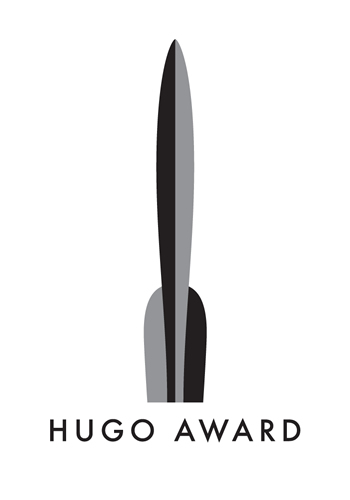 The
The 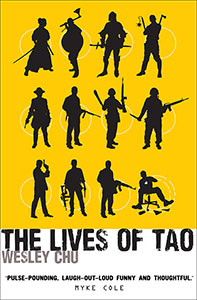
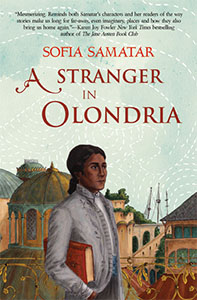
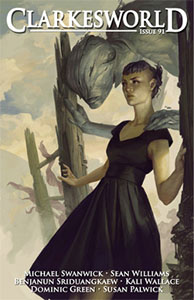 Sriduangkaew’s work to date has primarily orbited a sequence of stories set in or around the Hegemony, a future society in which humanity’s mind has become so wired up and interconnected that the government is able to retroactively edit not only the records of society but also the memories of society. (If that sounds dystopic to you, that’s because it is.) What makes these stories particularly compelling is that Sriduangkaew uses the wide canopy of the Hegemony to tell a vast variety of stories: A souped up secret agent who can edit memories to insert herself into deep cover situations. A common person struggling to survive. A scientist enmeshed in the maintenance of the system. A resistance fighter trying to turn the empire’s system against itself. Interesting characters and fascinating ideas mix freely with beautiful imagery to create captivating stories.
Sriduangkaew’s work to date has primarily orbited a sequence of stories set in or around the Hegemony, a future society in which humanity’s mind has become so wired up and interconnected that the government is able to retroactively edit not only the records of society but also the memories of society. (If that sounds dystopic to you, that’s because it is.) What makes these stories particularly compelling is that Sriduangkaew uses the wide canopy of the Hegemony to tell a vast variety of stories: A souped up secret agent who can edit memories to insert herself into deep cover situations. A common person struggling to survive. A scientist enmeshed in the maintenance of the system. A resistance fighter trying to turn the empire’s system against itself. Interesting characters and fascinating ideas mix freely with beautiful imagery to create captivating stories.